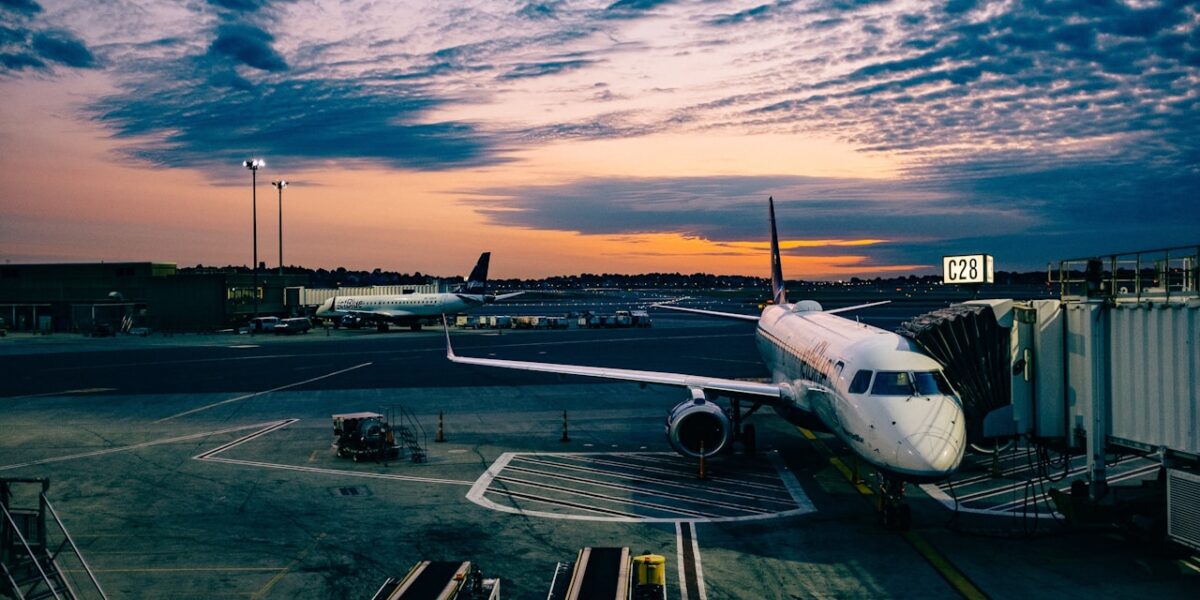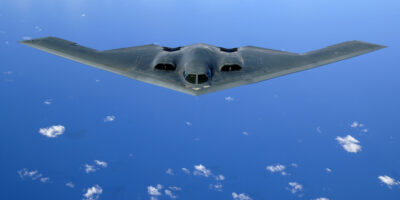How Much Is Jet Fuel Per Gallon?
Jet fuel is a critical component of the aviation industry. Knowing its cost is essential for airlines, logistics companies, and hobbyists alike. Prices fluctuate based on several factors, including crude oil prices, geopolitical events, and seasonal demands. Let’s delve into the key aspects that determine the cost of jet fuel.

Factors Influencing Jet Fuel Prices
Jet fuel prices are influenced by various dynamic factors. Here are the most significant ones:
- Crude Oil Prices: The primary raw material for jet fuel is crude oil. When crude oil prices rise, jet fuel prices follow suit.
- Supply and Demand: The balance between supply and demand in the market directly influences the cost. High demand during peak travel seasons can raise prices.
- Refining Costs: The cost to refine crude oil into jet fuel impacts the final price. This includes factors like type of refinery, complexity, and location.
- Geopolitical Events: Wars, sanctions, and political instability can disrupt the supply chain, often leading to price increases.
- Exchange Rates: As oil is traded globally, fluctuations in currency exchange rates can impact the price of jet fuel for different countries.
Types of Jet Fuel
There are mainly two types of jet fuel used in the aviation industry:
- Jet A: Commonly used in the United States, this type is similar to kerosene and has a higher freezing point.
- Jet A-1: This type, used internationally, has a lower freezing point making it suitable for longer flights.
Average Price of Jet Fuel
The average cost of jet fuel varies depending on the region and current market conditions. As of 2023, the global average price is about $2.50 to $3.00 per gallon. However, these prices can change daily due to the volatile nature of the oil market.
Regional Price Variations
Jet fuel prices can also vary significantly by region due to local taxes, subsidies, and supply chain logistics. For instance:
- North America: Typically has moderate prices, influenced by domestic oil production.
- Europe: Often higher due to taxes and environmental fees.
- Asia-Pacific: Prices can vary widely, with some countries having subsidies while others face high import costs.
Purchasing Jet Fuel
Airlines often purchase jet fuel through long-term contracts to hedge against price volatility. Larger airlines might have favorable terms due to bulk purchasing. Smaller operators and private jet owners typically pay higher spot prices.
Environmental Impact and Alternatives
The environmental impact of jet fuel is significant. Efforts are underway to develop alternative fuels, such as biofuels and synthetic fuels, to reduce carbon emissions. Though more expensive now, these alternatives may become cost-competitive as technology advances.
Future Trends in Jet Fuel Pricing
Predicting future jet fuel prices is challenging due to the volatile nature of the market. However, factors like technological advancements in fuel efficiency, alternative energy sources, and changes in global oil production will play crucial roles in shaping future prices.
Staying informed about these factors can help businesses and individuals better understand the trends and make informed decisions concerning aviation fuel costs.
Related Articles
Continue exploring:
- Flying Cara: Soaring Above Limits With Grace
- Secure Your Space: Tips for an Empty Seat on Flights
- Top Luxury Private Jets of 2023: Fly in Style


